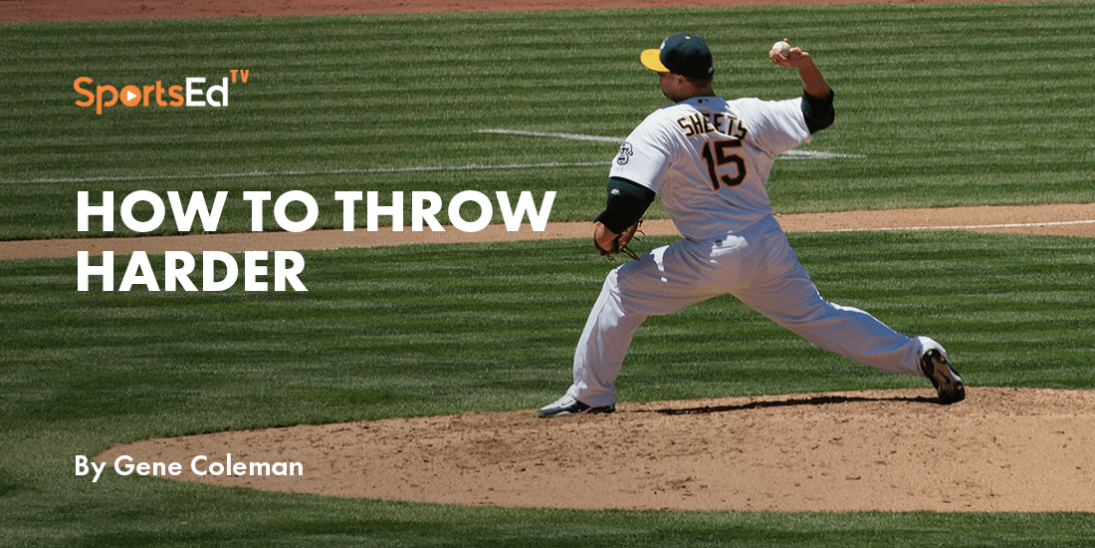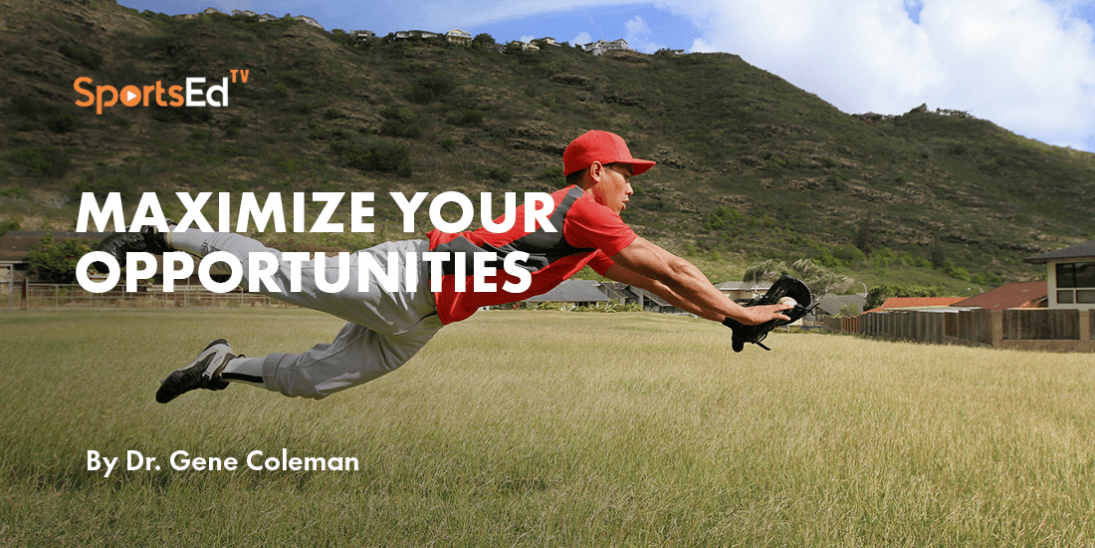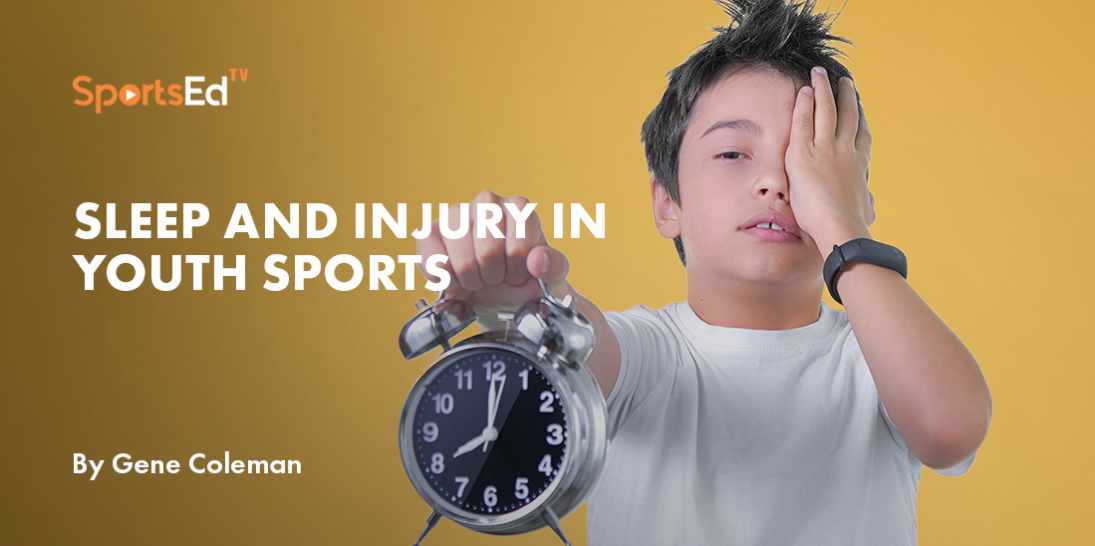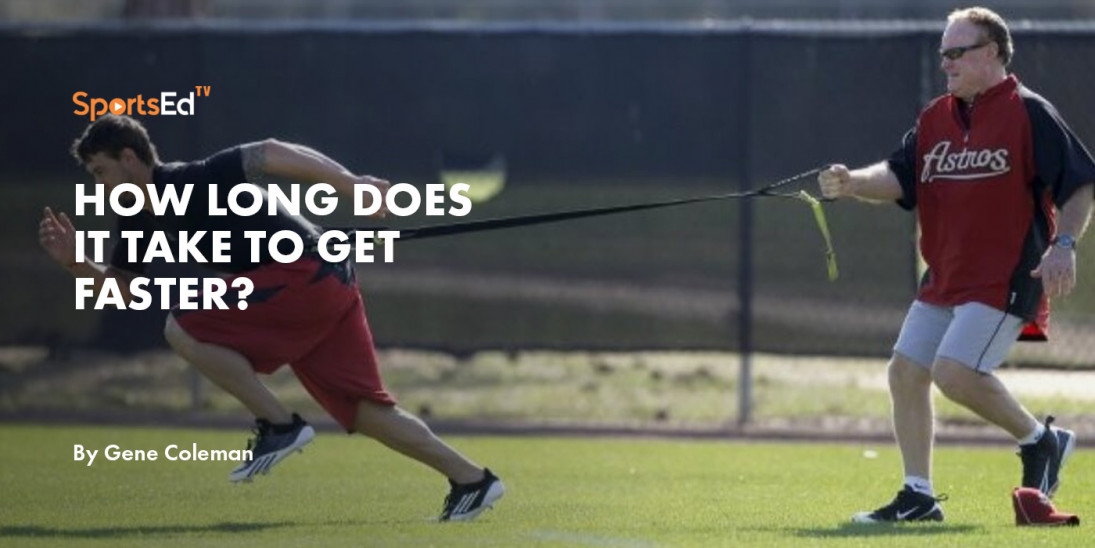Baseball
Welcome and thanks for visiting...

What to Eat Before Morning Games
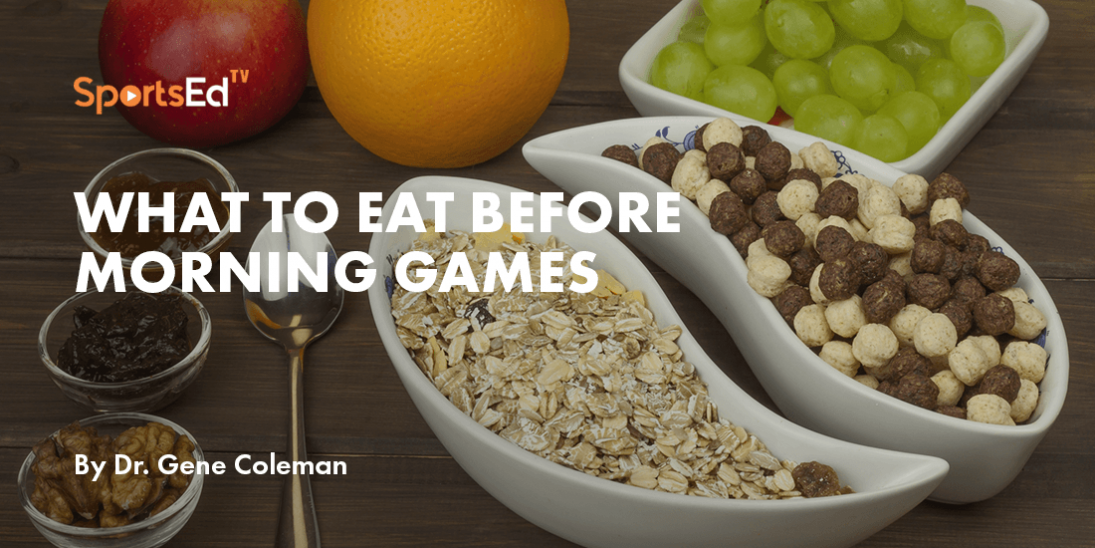
Because his team seemed to be dragging before morning games, a U-13 coach contacted the Professional Baseball Strength and Conditioning Coaches Society (PBSCCS) for advice.
He wondered if there was something the athletes could eat for breakfast to add energy and help on-field performance.
When PBSCCS asked several sports nutritionists, these are their combined responses:
Begin the night before. Preparation is the key. As in all aspects of sports, nutrition fails when planning fails. Avoid the early morning packing panic. Do it the night before so you have time in the morning to have a solid breakfast. Set out uniforms, pack the bat bag, prep water, sports drinks, and snacks, and set the alarm clock for ample a.m. time. It's also a great personal responsibility trainer.
The nutritionists then made a point that there are no superfoods to instantly improve performance an hour or two before game time. What athletes eat the day before the game is more important than what they eat on game day. Nutritional deficiencies don't happen overnight and can't be corrected in one or two meals. Adequate amounts of protein and carbohydrates daily provide the energy to practice, perform, build muscle, and support recovery.
Fixating on what to eat on game day puts a player at a disadvantage over those who keep their body well hydrated and properly nourished in the days before. Yet, the food and fluids players consume before games, during competition, and afterward will affect performance and recovery.
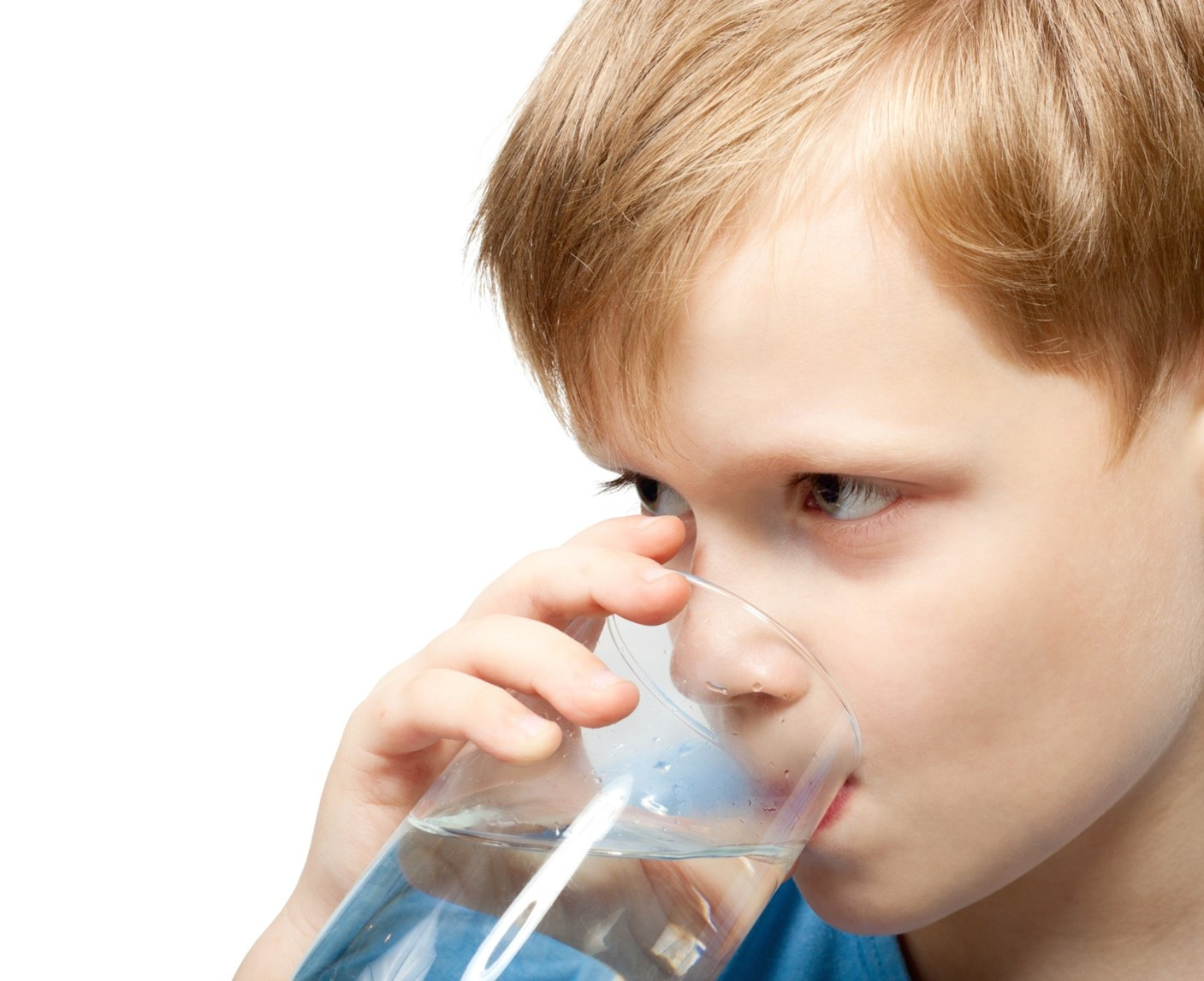
So, the evening before a morning game, send the players to bed well hydrated, and then as soon as they rise, drink at least 8 ounces of water to boost the hydration process. What is consumed the night before will determine how a player feels on waking up. Players should eat healthy complex carbohydrates like potatoes, rice, pancakes, bread, veggies, 3 or 4 ounces of lean protein, and fruits. Fed well, good sleep will energize the well-rested athlete.
Be sure game-day morning that players eat before competing. Any food is better than none. Players cannot start a game on an empty tank. There's plenty of science that shows eating a meal 2 to 4 hours before playing improves cognitive function, skills, and movement patterns. Fatigue will slow down, and fatigue-related injuries will be lessened. In tournaments where multiple games in a day might be played, proper eating is especially important.
Sleeping is fasting. When you wake up, your blood sugar level is low, and the fast should be broken with a solid breakfast of carbohydrate-rich foods—whole-grain hot or cold cereals, bread, fruit, lean protein, and plenty of fluids. The time of the first pitch will determine the size of the breakfast. Large meals take longer to digest—3 to 4 hours. The closer breakfast is to game time, the smaller the meal should be, high in carbohydrates, low in protein, and low in fat and fiber with plenty of water.
If the first pitch is 3 to 4 hours away, waffles or pancakes with lean ham, fruit, and skim milk or water are a good option. English muffins, eggs, biscuits, or toast are good. Limit fatty bacon or sausage.
If the first pitch is 2 hours away go for half a turkey sandwich with fruit and water, or yogurt topped with fruit or cereal with milk. A granola bar with fruit or a nut butter sandwich with jelly and fruit are also an option. Do not neglect hydration. Fourteen to twenty ounces of water 2-4 hours before playing is recommended.
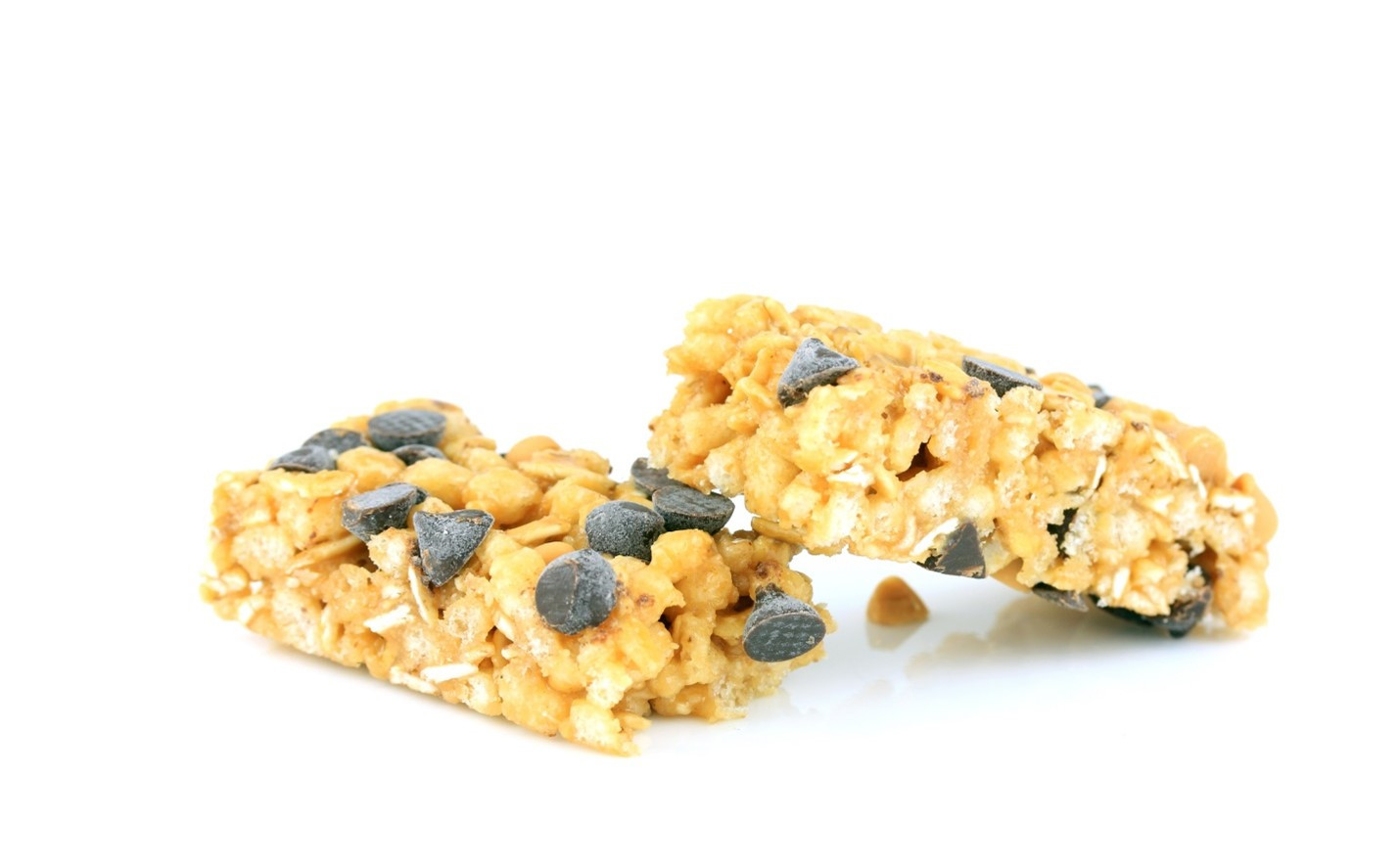
Eating while playing? Most can compete and complete a 2-hour game without food if fluids are consumed to maintain hydration. An exceptional expenditure of energy—pitching, or running the bases--can be supplemented with a sports drink or energy bar. A key in-game nutrition tactic is maintaining proper hydration. Research tells us dehydration impairs concentration, speed and coordination, and quick decision-making. Drink ½ cup of cold fluids every 15 minutes as prescribed.
Post-game, the goals are recovery, refueling, and rehydration. Before half an hour expires after the last out, players should begin the process. What they consume will have a significant effect on recovery and future performance. Choices to consider for recovery include chocolate milk, peanut butter smoothies, cereal, and skim milk, Greek yogurt with fruit and honey, a ½ turkey sandwich with fruit and water, as well as a nut butter and jelly sandwich.
When time is short between multiple games, good options include sports drinks, low-fat, low-fiber energy bars, bananas, Graham crackers, Gels, chews, sports beans, fig bars, and plenty of water. If players have 2 hours or more between games, an 8-inch turkey sub with baked chips, fruit juice, or sports drink plus an apple is a good choice. Other good options are baked or grilled lean beef, chicken, or a turkey sandwich with fruit juice and low-fat or no-fat yogurt with pretzels and water.
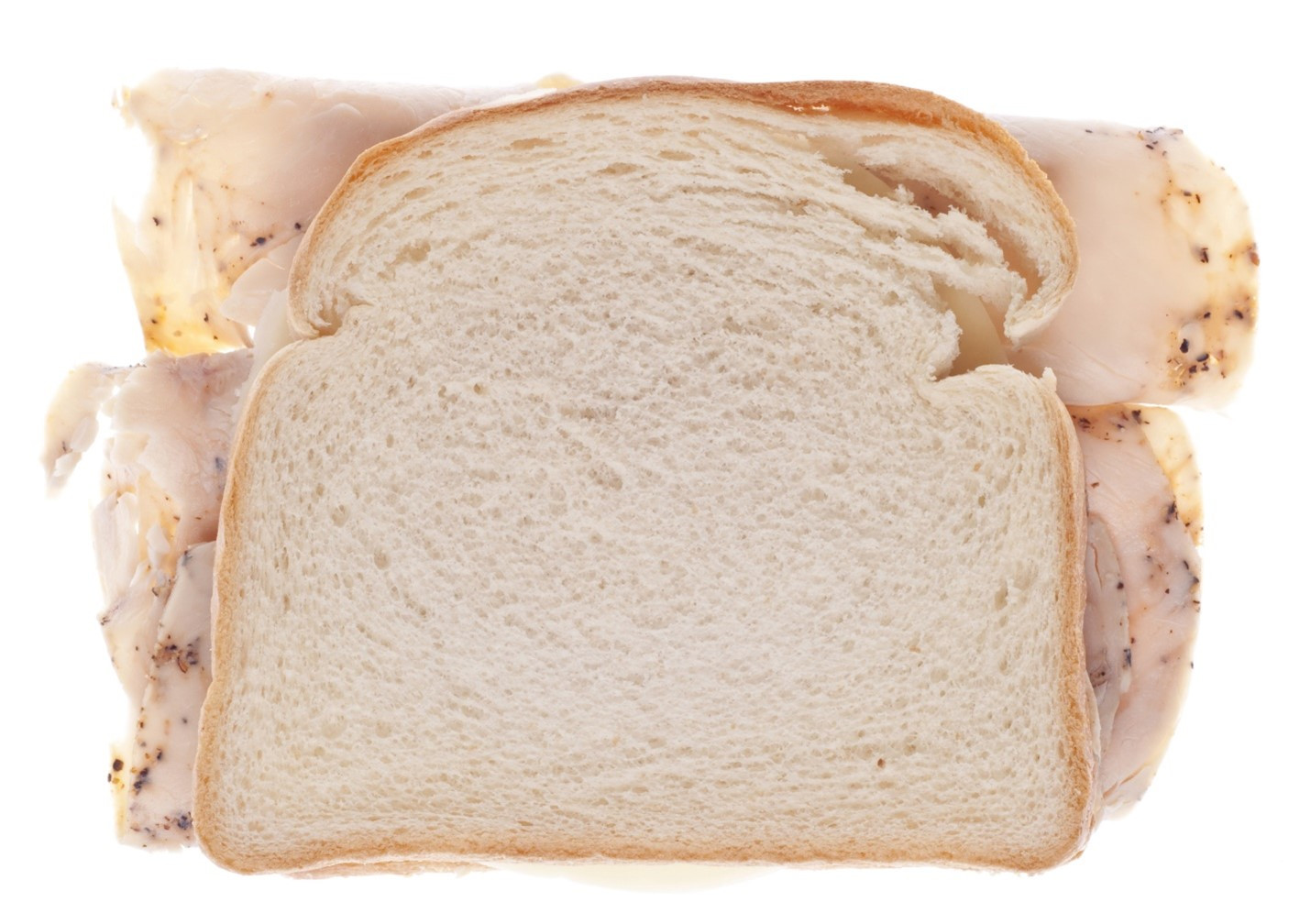
When 3-4 hours are scheduled between games, players can eat a full meal, though fast foods high in fat and protein, which are slow to digest, don’t provide enough carbohydrates to replace energy stores in the muscles and liver.
When fast food is the only option, make better choices. Cheese pizza is better than meat lovers, and a plain burger with lettuce and tomatoes without the special sauce is better. Select grilled nuggets and grilled chicken breast sandwiches over-fried. Pick fruit or apple sauce as a side instead of fries. Avoid fried chicken and chicken wings. Don't super-size. Supersize means more food, extra calories, and more fat that you don’t need. Take your time eating.
Sugar provides empty calories, a short-term fuel source. So, avoid soft drinks, candy, donuts, etc. Sugar crashes during a game are a recipe for losing. Packing healthy snacks in a cooler is a good strategy for winning ways. Suggestions are smoothies, yogurt, and pudding, or by packing foods that require no refrigeration, such as dried and raw fruits, apple sauce cups, bread, bagels, rice cakes, crackers, string cheese, tuna pouches, beef jerky, canned chicken, nuts, nut butter, bottled water, sports drinks, and shelf-stable chocolate milk.




